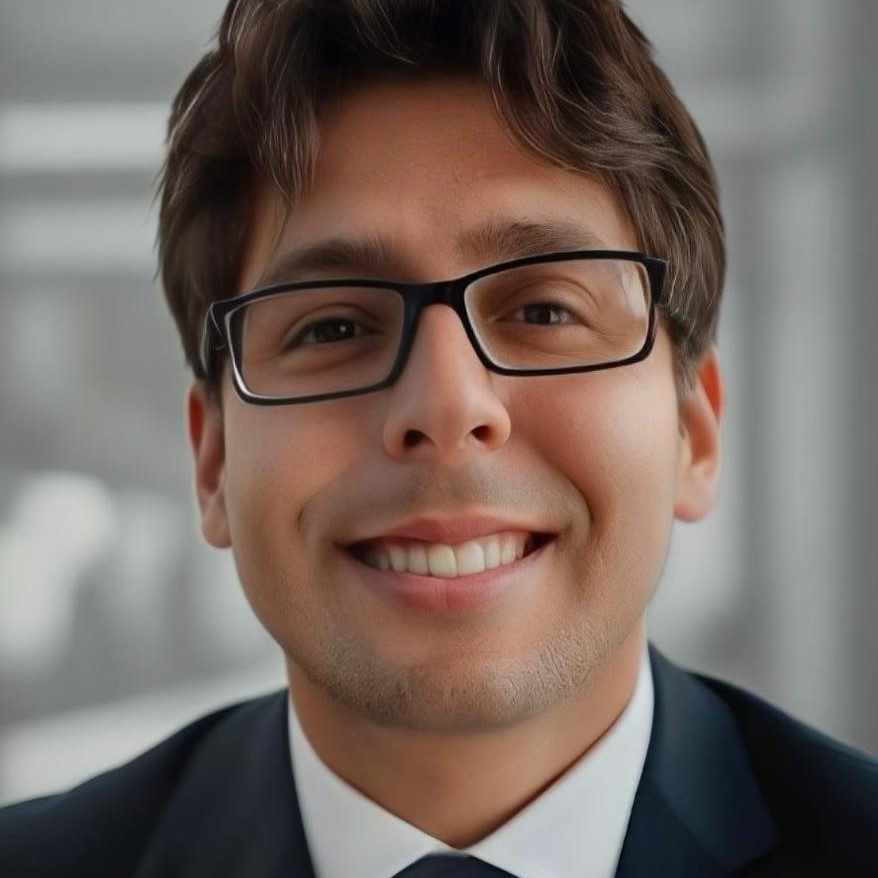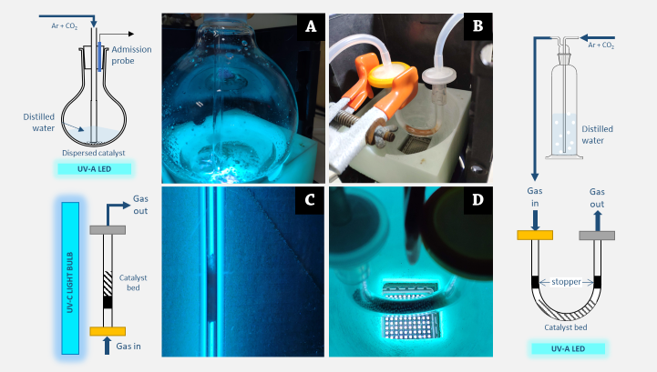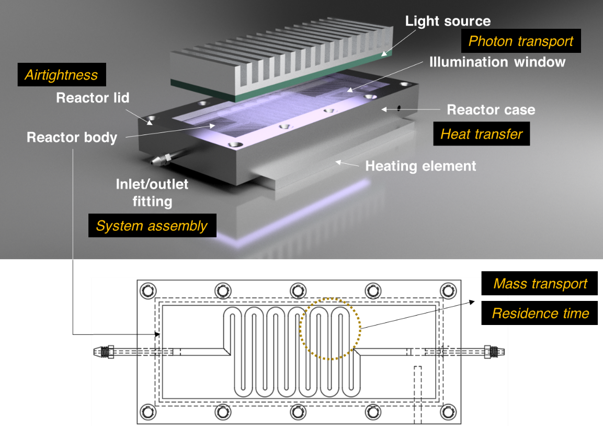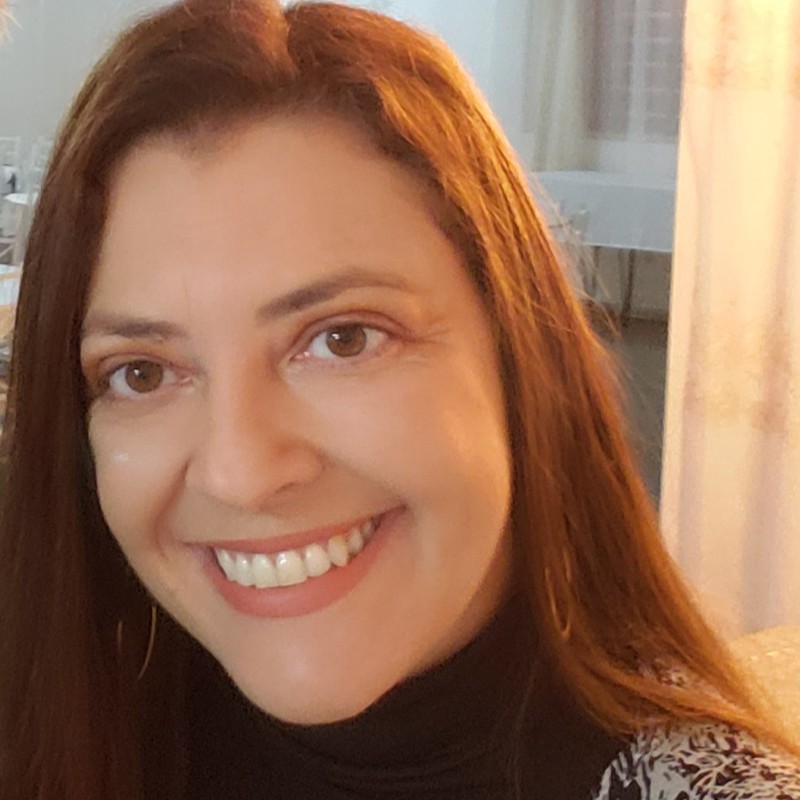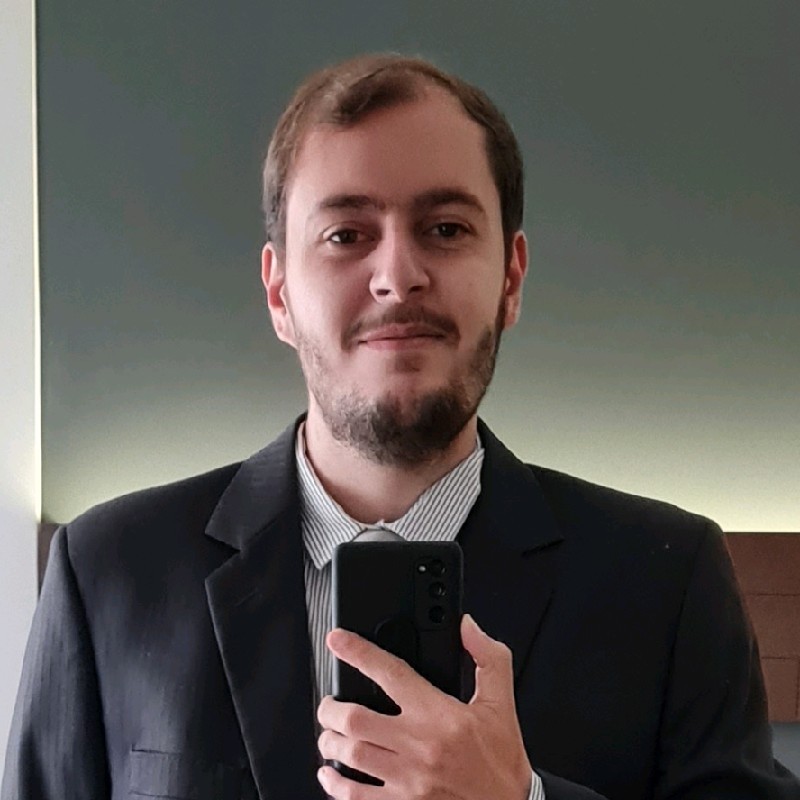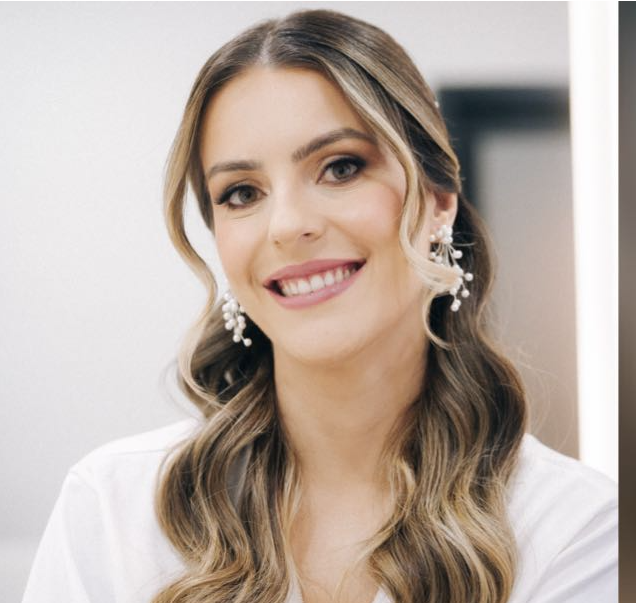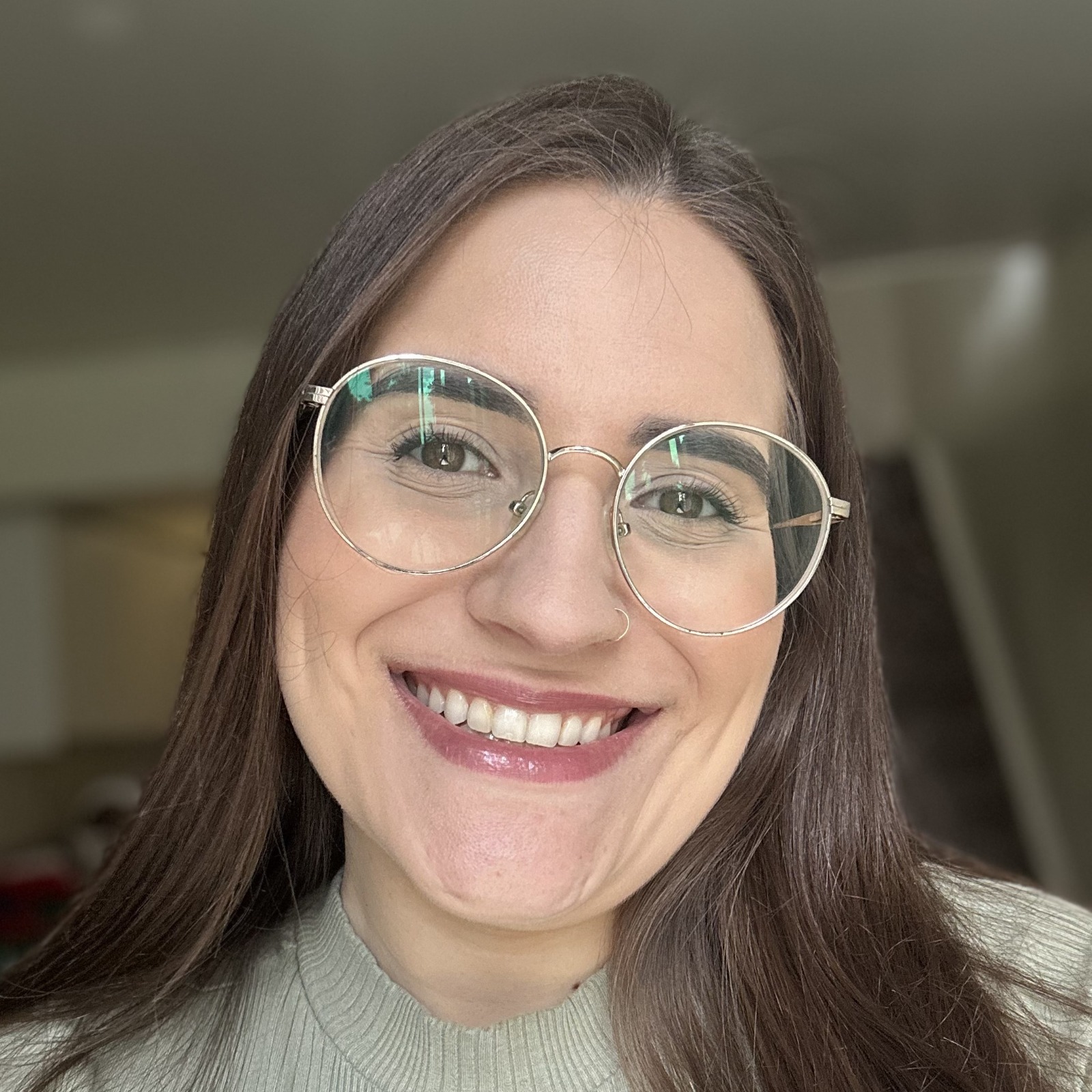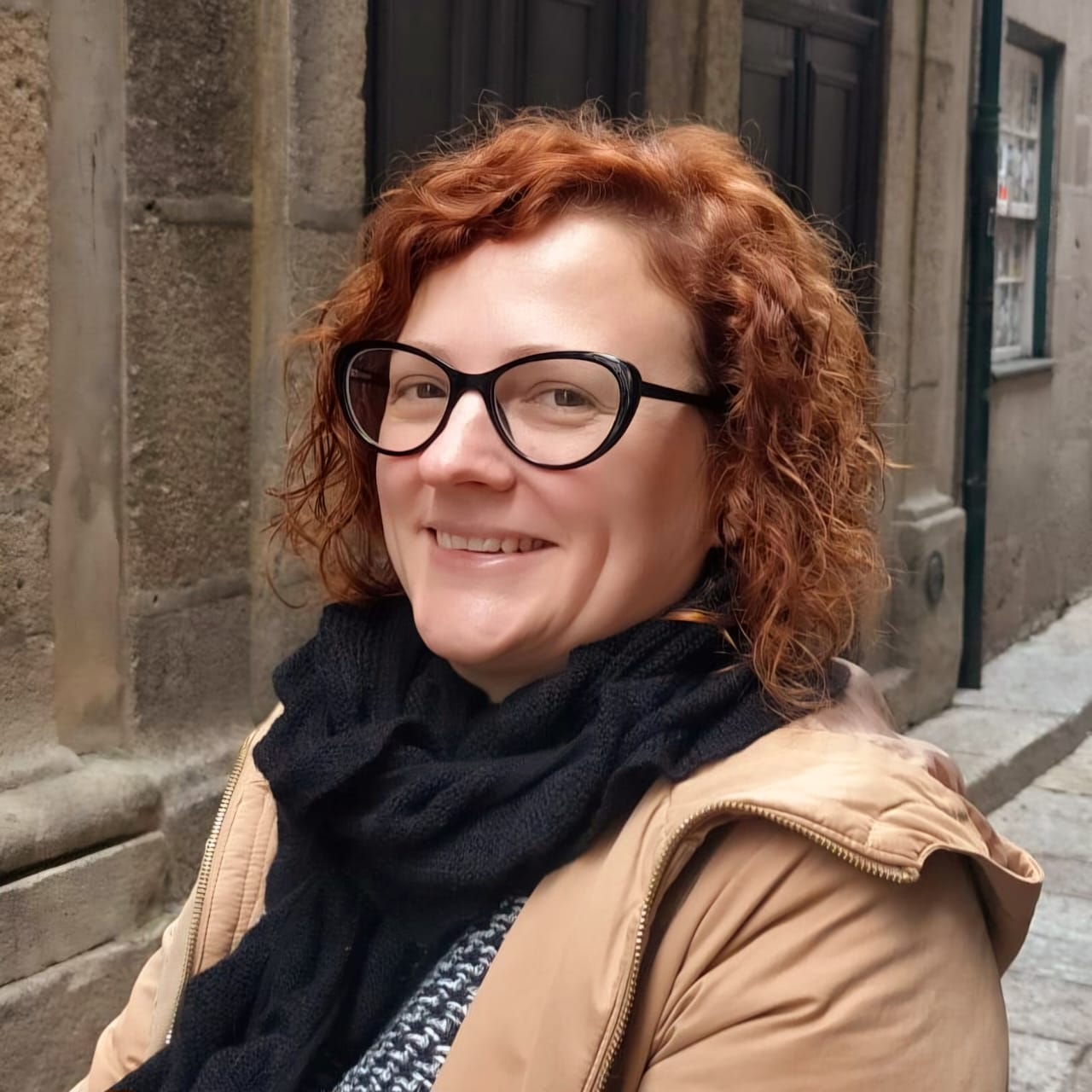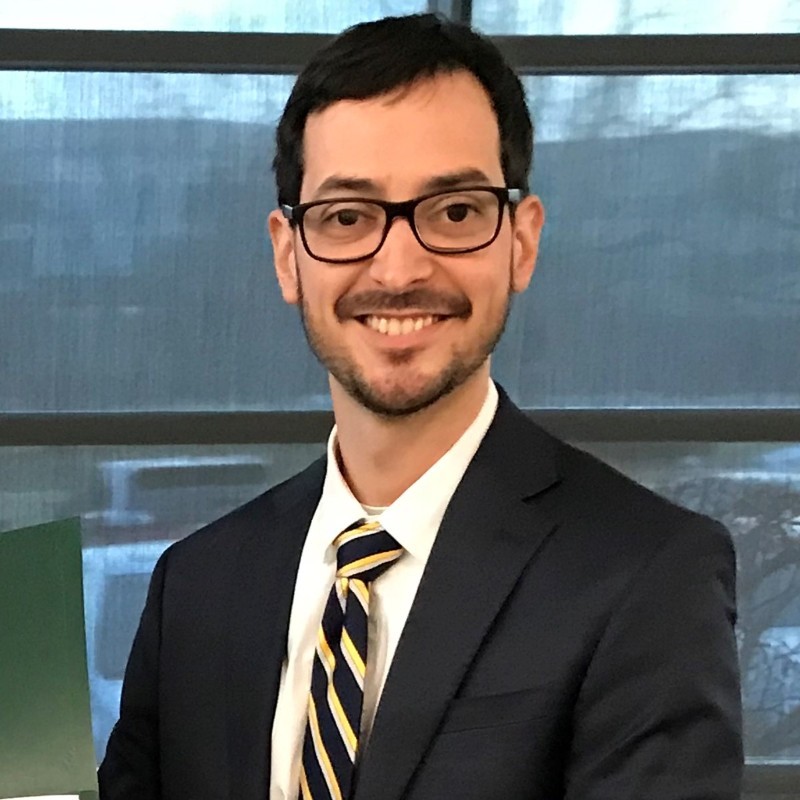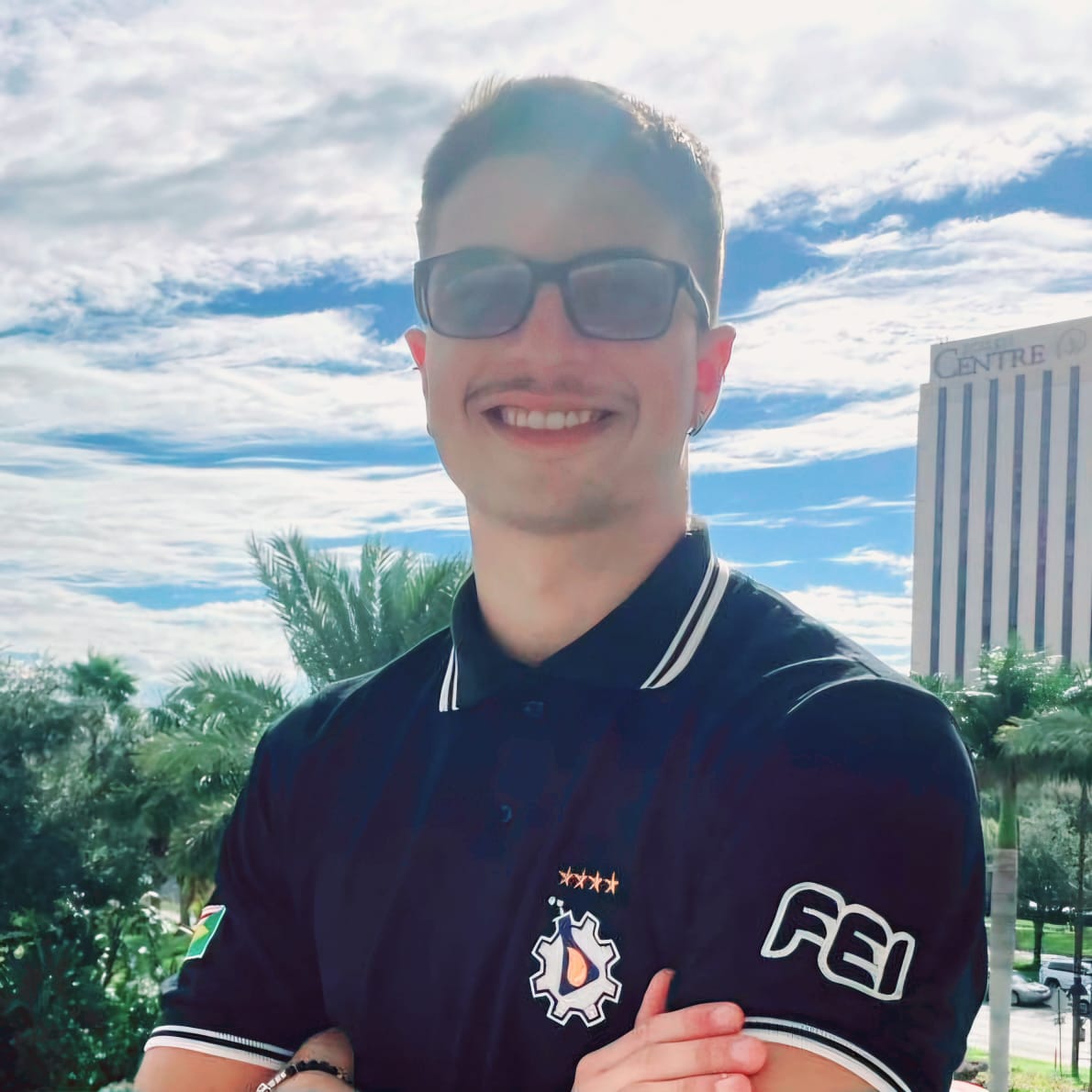
About
The Research Group
At the heart of every scientific breakthrough lie curiosity, dedication, and collaboration. Here, at the Research Group in Microfluidic & Photoelectrocatalytic Engineering, we embody these principles to contribute with meaningful insights into the fields of photocatalysis, electrocatalysis, and microfluidics, with a special interest in developing sustainable decarbonization technologies.
As a research group rooted within a Jesuit institution and aligned with its ethos, we believe that scientific inquiry is not just a pursuit of knowledge but also a profound reflection of our commitment to the greater good. Inspired by Jesuit ideals, we aim not only for answers but for understanding and purpose, viewing each challenge as an opportunity to engage deeply with the world and harness science in the service of humanity.
With this mission, our team aspires to form a diverse ensemble of researchers, scholars, and innovators. Together, we explore complex challenges of nano-scale catalysis and how these innovative processes can be intensified using microstructured reaction spaces. We do so using an ab-initio approach, with computational chemical and fluid dynamics modeling, combined with practical, hands-on experimental developments, including new equipment design. We believe that the multidisciplinary arrangement between chemistry, materials science, and chemical engineering is key to making future technologies a reality for sustainable development.
Beyond research, we're dedicated to creating a learning and mentorship environment. Our group is proactive in integrating sustainability and innovation into our teaching assignments, using transdisciplinary and active learning methodologies that stimulate the development of important soft skills that help shaping individuals into not just outstanding professionals, but also compassionate human beings. We're also eager to expand our collaborations with institutions worldwide, host workshops, and offer research opportunities.
We invite you to explore our page, learn more about our current projects, and perhaps discover ways to collaborate or engage with us! Science is made of collective efforts, and every question, idea, or insight brings us one step closer to understanding the ever-evolving world of Chemical Engineering.
Welcome aboard, get in touch, and thank you for your interest in our research! :)
Research
Research lines
Here are the primary areas of research explored in our lab:Photocatalysis for environmental & energy applications
Harnessing the full potential of sunlight!
Advanced Oxidation Processes
Developing new reactors and processes for sustainable water treatment
Microreactor design & fabrication
Exploring the world of microfluidics and manufacturing
Computational chemistry for Chemical Engineering
Bringing in theoretical chemistry to solve real-world problems
Laboratory Equipment
Here are the equipment directly managed by our lab:- One Robocasting 3D printer with two extrusion slots (DuraCer C-01);
- One Razor Prodigy workstation with software for 3D modeling and simulation, and quantum chemical calculations;
- Anular photochemical reactors for photocatalyst testing in liquid-phase systems.
Some equipment are available for booking (upon consultation) through the National Research Infrastructure Platform here.
Research Projects
Here are the most recent (5 yrs) research projects in which I have had the opportunity to participate or coordinate:2024-2026: Development of structured catalysts for the photocatalytic synthesis of ammonia.
Coordinator: Dr. Bruno Ramos (FEI)
Sponsored by: FAPESP - Fundação de Amparo à Pesquisa do Estado de São Paulo
Project repository available here.
2021-2024: Band structure engineering of dual absorber semiconductors applied to produce green hydrogen and conversion of carbon dioxide into valuable chemical products.
Coordinator: Dr. Renato Vitalino Gonçalves (IFSC/USP)
Sponsored by: RCGI - Research Center for Greenhouse Gas Innovation
2018-2022: Production of organic molecules from CO2 and H2O by photocatalysis in nano-oxides.
Coordinator: Dr. Douglas Gouvea (EP/USP)
Sponsored by: RCGI - Research Center for Greenhouse Gas Innovation
2020-2022: Environmental fate of emerging pollutants in surface waters and sustainable alternatives for their mitigation: a hybrid experimental & theoretical approach.
Coordinator: Dr. Antonio Carlos Silva Costa Teixeira (EP/USP)
Sponsored by: FAPESP - Fundação de Amparo à Pesquisa do Estado de São Paulo
2019-2021: Solar degradation of pollutants of emerging concern: photoreactors and innovative treatments.
Coordinator: Dr. Antonio Carlos Silva Costa Teixeira (EP/USP)
Sponsored by: FAPESP - Fundação de Amparo à Pesquisa do Estado de São Paulo
Most recent publications
Latest research papers (2025):
1. CAP Alves, PH Palharim, B Pratto, AL da Silva, D Gouvêa & B Ramos. "Photocatalytic ammonia synthesis from nitrogen in water using iron oxides: Comparative efficiency of goethite, magnetite, and hematite". Journal of Photochemistry and Photobiology A: Chemistry, v. 460, p. 116159, March 2025. DOI: 10.1016/j.jphotochem.2024.116159
2. LP de Souza, FO Sanches-Neto, JCO Ribeiro, B Ramos, VH Carvalho-Silva & ACSC Teixeira. "Screening techniques as a preliminary diagnostic tool for advanced oxidative processes on a laboratory scale". Frontiers of Chemical Science and Engineering, v. 19, p. 13, January 2025. DOI: 10.1007/s11705-024-2517-y.
3. GM Fortes, AL da Silva, B Ramos, J Bettini, FC Fonseca, RV Gonçalves, OR Junior & D Gouvêa. "Cl-Doped ZnO Nanoparticles with Enhanced Photocatalytic Activity via Selective Surface Lixiviation: Implications for Acetaminophen Degradation". ACS Applied Nano Materials, v. 8, p. 2418, January 2025. DOI: 10.1021/acsanm.4c06747
4. MH Fernandes, B Ramos, AL da Silva, ACSC Teixeira & D Gouvêa. "Photocatalytic activity in anatase TiO2 nanoparticles: Key insights from additive segregation and transition metal oxide doping". Ceramics International, v. 51, p. 12035, April 2025. DOI: 10.1016/j.ceramint.2025.01.055
5. C Gusmão, PH Palharim, B Ramos, D Gouvêa, OR Júnior & ACSC Teixeira. "Innovative defect engineering: A novel synthesis approach for an efficient Ti3+-TiO2/SiO2 gas-phase-photocatalyst under UV–VIS radiation". Ceramics International, in press, March 2025. DOI: 10.1016/j.ceramint.2025.03.172
6. LP de Souza, IMG de Souza, N Klanovicz, P Metolina, RS Souto, B Ramos, MRV Lanza & ACSC Teixeira. "Investigating fluoxetine removal via an electro-Fenton-like approach: Experimental design, kinetic modeling and evaluation of operating conditions". Journal of Environmental Chemical Engineering, v. 13, p. 117370, August 2025. DOI: 10.1016/j.jece.2025.117370
7. SS Shah, B Ramos, L. Otubo & ACSC Teixeira. "Deep Removal and Photodegradation of Methylene Blue Dye Using Superabsorbent Polymer Hydrogel Composite with Activated Charcoal and TiO2 Nanoparticles". ACS Omega, in press, June 2025. DOI: 10.1021/acsomega.4c11428
A comprehensive list with all our publications can be found at my google scholar page.
Latest conference papers (2025):
1. ILC Cunha, B Ramos, JGV Vieira, JAW Gut, D. Fabbri, P. Calza, V. Boffa, L. Kulay. "Environmental feasibility analysis of AOP technologies for the treatment of flexography effluents". In: The 7th International Conference on Environmental Application of Advanced Oxidation Processes (EAAOP-7), Salerno. Proceedings of the 7th EAAOP. June 2025.
2. AP Lima, MR Gongora-Rubio, PV Gomes, AB Silva, B Ramos, D. Gouvêa. "Microreator cerâmico para catálise com CO2 em condições supercríticas para produção de metanol". In: 69° Congresso Brasileiro de Cerâmica, Natal. Anais do 69 CBC. June 2025.
3. CAP Alves, ABF Saliba, AL da Silva, B Ramos, VL Martins, ACSC Teixeira, D. Gouvêa. "Photocatalytic reduction of N2 in water under simulated solar light using F-doped nano-Fe2O3: the role of interfacial segregation". In: 69° Congresso Brasileiro de Cerâmica, Natal. Anais do 69 CBC. June 2025.
4. AL da Silva, ABF Saliba, L. Oliveira, CAP Alves, AA Bernardes, ACSC Teixeira, D. Gouvêa, B Ramos. "Synergistic Effects in Photocatalytic Ammonia Synthesis Using Fe2O3-TiO2 Nanostructures". In: 69° Congresso Brasileiro de Cerâmica, Natal. Anais do 69 CBC. June 2025.
5. CMF Ferreira, AL Barbosa, CAP Alves, D. Gouvêa, B Ramos. "Preparação de Suportes Monolíticos em SnO2 para Aplicações Catalíticas por Robocasting". In: 69° Congresso Brasileiro de Cerâmica, Natal. Anais do 69 CBC. June 2025.
Team
The algorithm behind the data!

Douglas Gouvêa
Full Professor
Materials Engineering, EP-USP
Advanced ceramics and interface engineering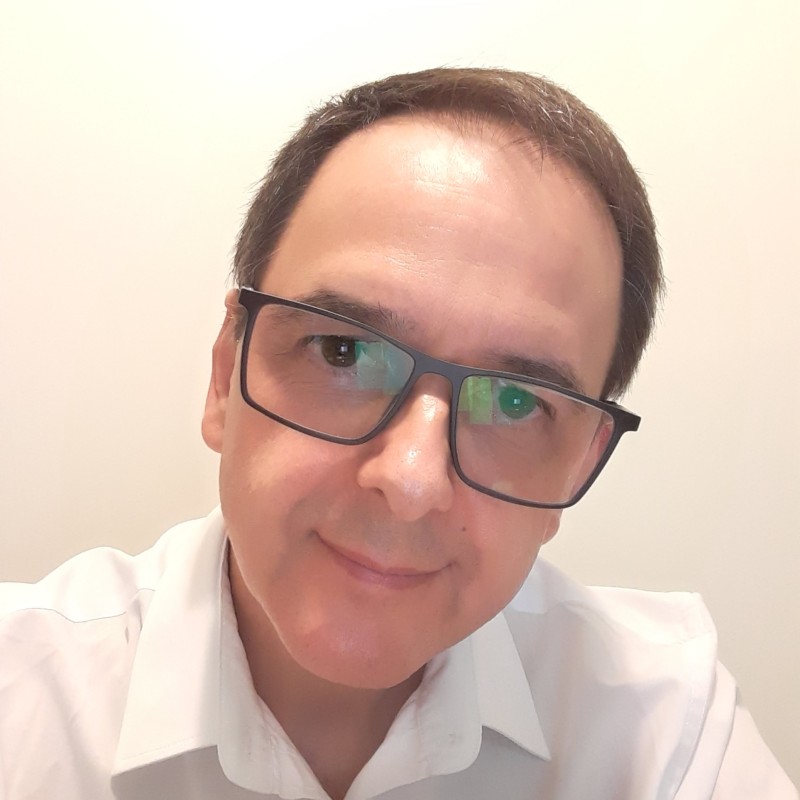
Antonio Carlos S.C. Teixeira
Associate Professor
Chemical Engineering, EP-USP
Advanced Oxidation Processes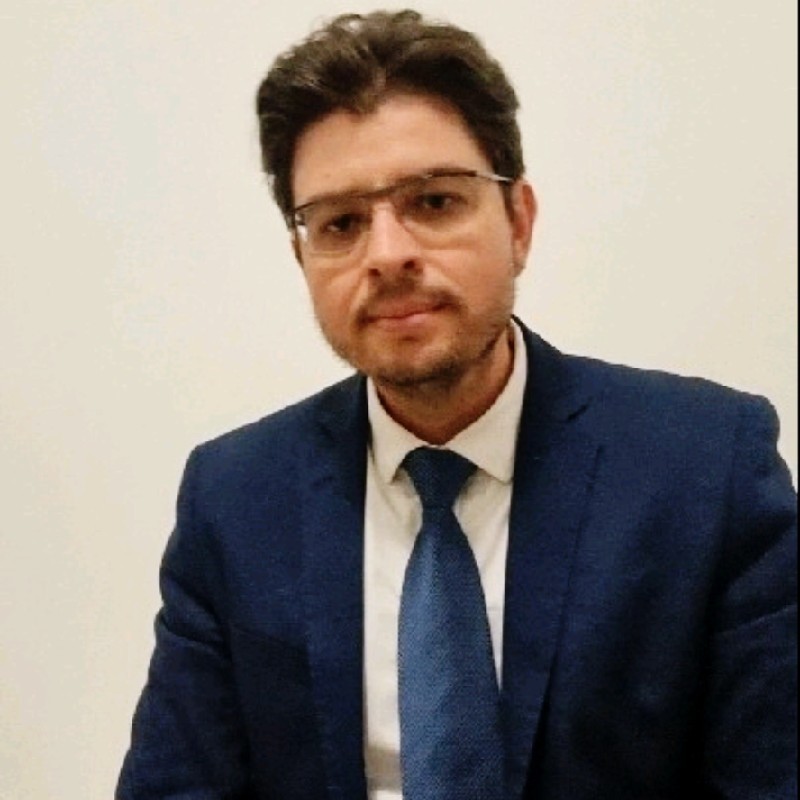
Valter H. Carvalho-Silva
Associate Professor
Chemistry, UEG
Theoretical chemistry and chemical kinetics
Andre Luiz da Silva
Assistant Professor
Materials Engineering, EP-USP
Materials for sustainable energy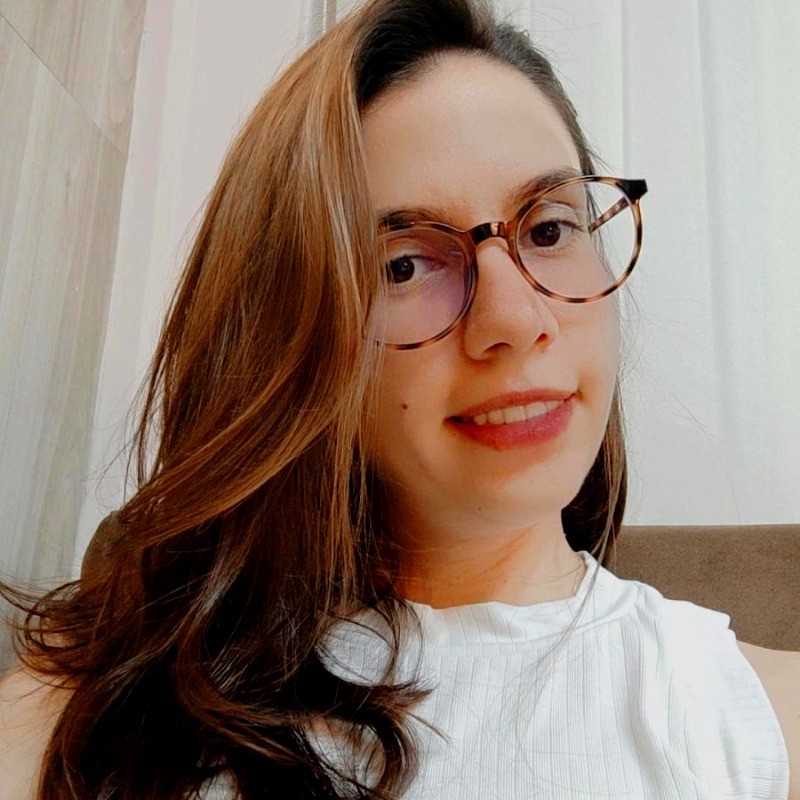
Larissa Pinheiro de Souza
DSc in Chemical Engineering, EP-USP (2020-2024)
Design and evaluation of electrochemical reactors for AOPs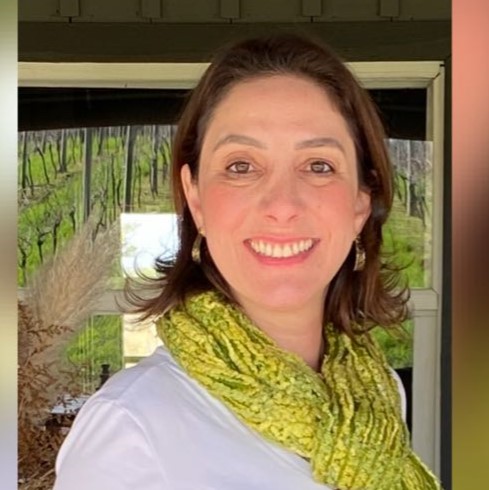
Renata de Toledo Cintra
MSc in Materials Engineering, EP-USP
Design of mesoscale reactors for artificial photosynthesis
Ariel P. Lima
MSc in Materials Engineering, EP-USP
Design of microfluidic LTCC reactors for photothermal CO2 conversion
Sandra Curioso
MSc in Agroindustrial Engineering, UN San Marcos
Optimisation of the bioconversion of mango seed starch to lactic acid
Yasmin Casseb
Chemical Engineering, FEI (UG, 2024)
Synthesis and evaluation of nanostructured iron oxides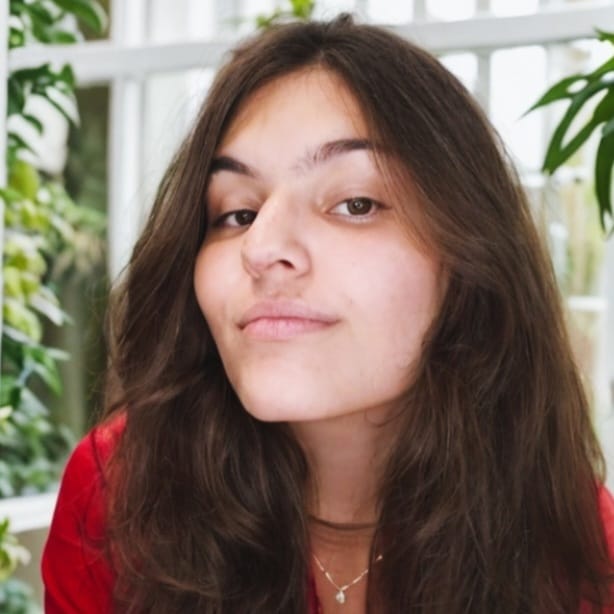
Rebeca Palma de Oliveira
Chemical Engineering, FEI (UG, 2024)
Design and assembly of a photocatalytic system
Bianca Ribeiro Binelli
Chemical Engineering, FEI
Production and uses of biocharcoal from textile waste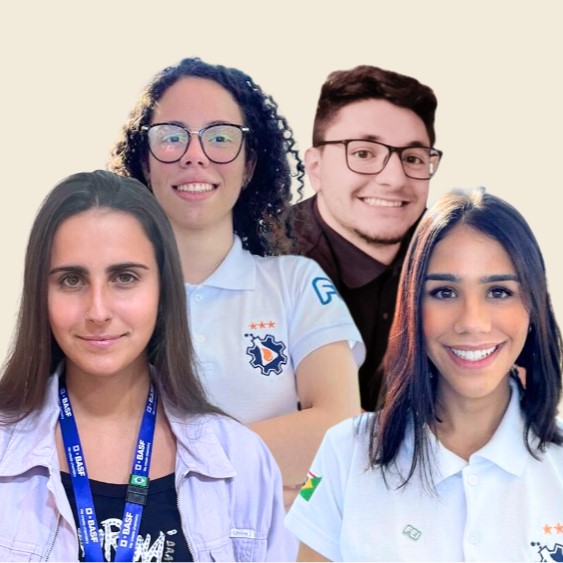
Eng. Thesis Group
Chemical Engineering, FEI
Simulation of a photocatalytic H2 plant FL Brito, GTE de Souza, MGS Ramos, MP Vieira
Carolina Mendes Furlan Ferreira
Chemical Engineering, FEI
3D-printing of ceramic supports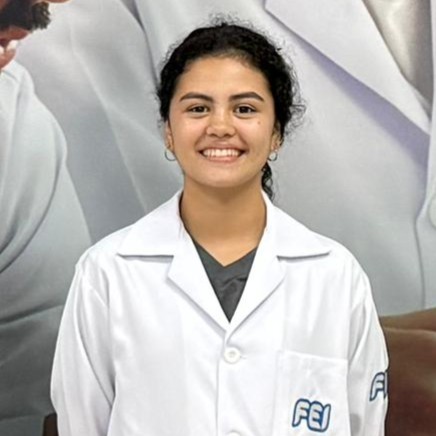
Leticia Souza Castro
Chemistry, ETEC
Treatment of coffee pads recycling wastewater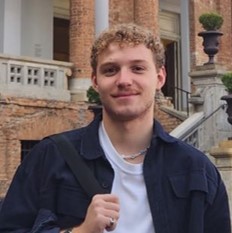
Davi de Oliveira Lima Zimath
Mechanical Engineering, FEI
Development of Gas-Diffusion Electrodes for fuel cells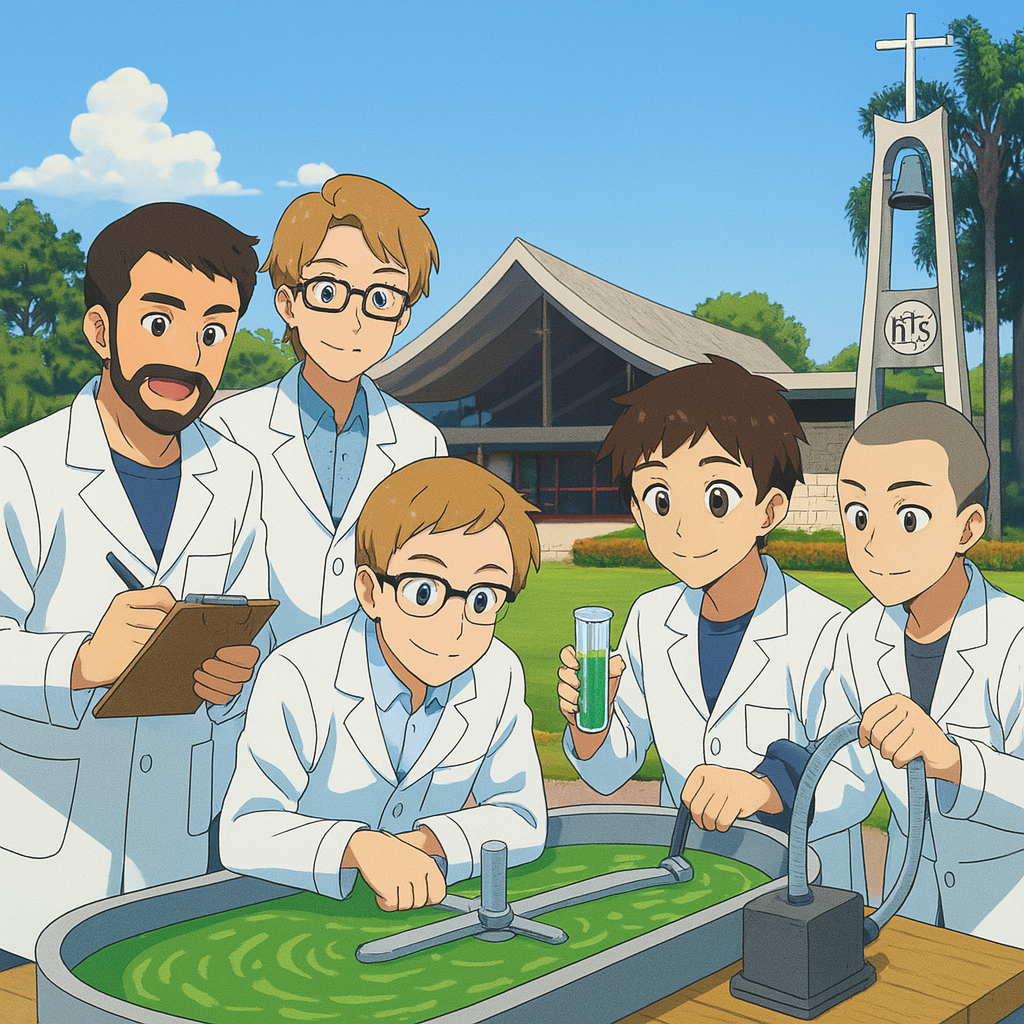
Eng. Thesis Group
Chemical Engineering, FEI
Design and construction of photobioreactors for microalgae cultivation CC Ribeiro, MM Wong, VHN Bortoletto, GM Simão, MESN Chiari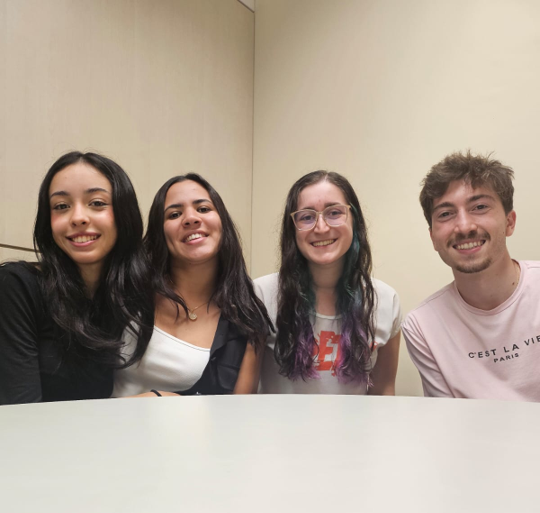
Eng. Thesis Group
Chemical Engineering, FEI
Development of a lignin-based green sunscreen formulation IG de Oliveira, IJ Campos, GB Gallo, RB MarianoTeaching
List of undergraduate and graduate courses:
Undergraduate courses
Unit Operations IV (QCO-050)
Chemical Engineering Program (FEI)
Integrated Chemical Engineering I (QCI-030)
Chemical Engineering Program (FEI)
Integrated Chemical Engineering II (QCI-040)
Chemical Engineering Program (FEI)
Graduate Courses
Analysis and Modelling of Chemical Reactors (PEQ-401)
Master Program in Chemical Engineering (FEI)
Fundamentals of Colloids and Interfaces (PEQ-407)
Master Program in Chemical Engineering (FEI)
Advanced Water Treatment Technologies (MOL-616)
Master Program in Molecular Sciences (UEG)
Partner Labs
Explore the pages of our partner labs:
Brazilian research groups
Research Group in Advanced Oxidation Processes
Department of Chemical Engineering, Escola Politécnica, USP
Laboratory of Ceramics Processes
Department of Metallurgical & Materials Engineering, Escola Politécnica, USP
Laboratory of Physical and Chemical Transformations Modelling
Goias State University
Micromanufacturing Laboratory
Bionanomanufacturing Center, Instituto de Pesquisas Tecnológicas do Estado de São Paulo
Overseas partnerships
Ookawara Lab
Department of Chemical Science & Engineering, Institute of Science Tokyo
Naples Industrial Chemistry Laboratory
Department of Chemical Sciences, University of Naples Federico II
Laboratory of Separation and Reaction Engineering - Laboratory of Catalysis and Materials
Faculdade de Engenharia, Universidade do Porto
Dr. Ramos
About
Dr. Ramos, the head of the Group, is an Industrial Chemist whose research focuses on photocatalysis, computational chemistry and microfluidics. During his studies towards a Bachelor's degree from Goias State University in 2007, he explored Density Functional Theory (DFT) and molecular modeling for his thesis project at the QTEA research group. For his Master's degree, completed at Escola Politécnica (Universidade de São Paulo) in 2009, Dr. Ramos researched the applications of DFT in predicting reaction rates and their uses in designing chemical reactors for Advanced Oxidation Processes (AOPs). In 2014, he received his Doctorate of Engineering (D.Eng.) from the Tokyo Institute of Technology. His doctoral research centered on the application of microfluidics to intensify AOP equipment, at Ookawara Laboratory. Upon returning to Brazil, Dr. Ramos received a FAPESP Post-Doctoral scholarship, allowing him to investigate novel reactors for photocatalysis. During this period, he spent time as a visiting scholar at Università degli Studi di Palermo, working under Prof. Alberto Brucato on the modeling of photocatalytic reactors. Afterwards, he collaborated with the Research Center for Greenhouse Gas Innovation (RCGI), where he was involved in photocatalytic CO2 reduction and reactor development projects. Before his current role as an Assistant Professor at FEI, Dr. Ramos was a part of the research team at the Bionanomanufacturing Center of the São Paulo State Institute of Technological Research. There, he concentrated on the use of microfluidics for Process Intensification. Dr. Ramos values the collaborative aspects of both academic and industrial research and is committed to contributing further to the field of sustainable chemical engineering.
Current positions:
- Assistant professor of the Chemical Engineering Department at Centro Universitário FEI, São Bernardo do Campo, Brazil.
- Collaborating researcher at the Research Group on Advanced Oxidation Processes at the University of Sao Paulo.
- Collaborating researcher at the Laboratory of Ceramics Processes at the University of Sao Paulo.
- Guest Editor of Frontiers in Chemical Engineering.
- Guest Editor of MDPI Processes.
- Member of the Advisory Board of the Brazilian Association of Former Exchange Students in Japan (ASEBEX).
- Member of the Royal Society of Chemistry (RSC).
- Member of the Brazilian Scientific Committee of the Iberoamerican Congress of Advanced Oxidation Processes (CIPOA).
- Founding Member of the Brazilian Association of Advanced Oxidation Processes (ABPOA).
- Member of the Brazilian Association of Engineering Education (ABENGE).
- Member of the Brazilian Association of Chemical Engineering (ABEQ).
- Member of the Editorial Board of Frontiers in Chemistry.
- Member of the Scientific Advisory Board of the Fronteiras: Journal of Social, Technological and Environmental Science.
